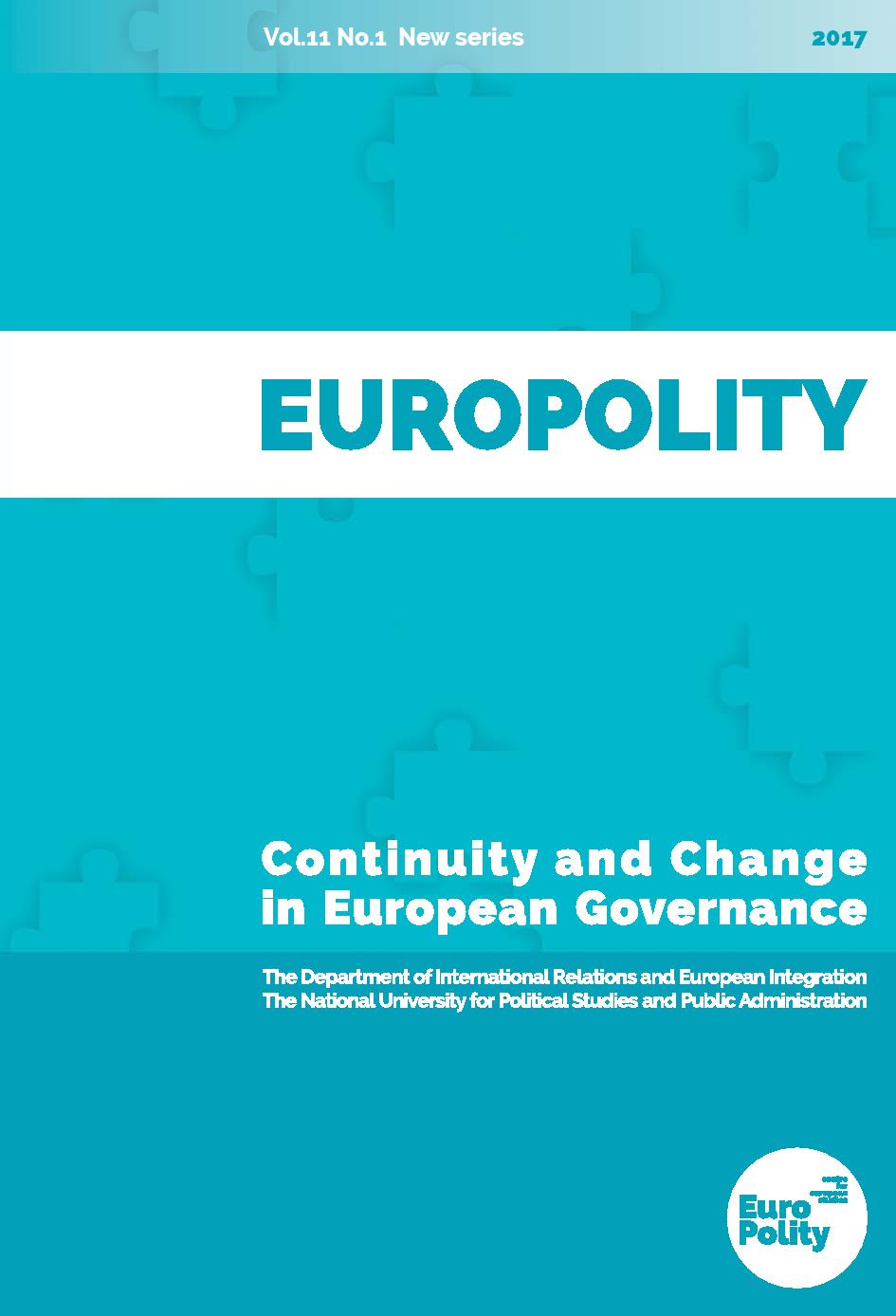THE EUROPEAN ENERGY POLICY – A FRAMEWORK FOR DECREASING THE GAP BETWEEN MEMBER STATES. IS THE ENERGY MARKET LIBERALIZATION A SUSTAINABLE APPROACH OR AN ONGOING RISK
THE EUROPEAN ENERGY POLICY – A FRAMEWORK FOR DECREASING THE GAP BETWEEN MEMBER STATES. IS THE ENERGY MARKET LIBERALIZATION A SUSTAINABLE APPROACH OR AN ONGOING RISK
Author(s): Andrada VasiiSubject(s): Politics / Political Sciences, Social Sciences
Published by: Scoala Nationala de Studii Politice si Administrative (SNSPA)
Keywords: Energy; European Energy Policy; framework; market liberalization; vulnerability
Summary/Abstract: Energy independence was a long-time dream of European Member States, thus numerous regulations and actions were designed specific for its implementation. In a society characterized by constant evolution, energy independence is regarded as a proof of the existence of coherent supranational strategies, but also as a necessary effort that is to be unravelled at national level. Unlike the first actions in the energy sector, the current market is the expression of a competitive space that has adapted an approach depending upon efficiency and sustainability. In this paper, I present, using a macro-level approach, the transformations of the European energy market and the challenges that arise. I examine both the actions that lead to the liberalization efforts, as well as the disparities that characterize the Member States involved in this process. Therefore, I question the process of liberalization of the energy market as being a straight-forward one and I investigate the variables (such as types of energy and national energy strategies) that directly influence this process.This aim of this paper is to offer insights, using both a quantitative and a qualitative approach, in the way in which the liberalization process ought to occur, and elaborate on the country-specific factors that affect it, making liberalization a process characterized by vulnerabilities.
Journal: Europolity - Continuity and Change in European Governance
- Issue Year: 11/2017
- Issue No: 1
- Page Range: 151-171
- Page Count: 21
- Language: English

